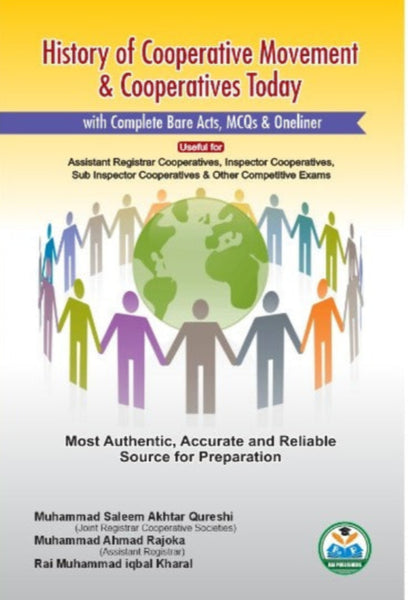Hezbollah: Mobilization and Power by Aurélie Daher (Author)
- Publisher: POLITICS
- Availability: In Stock
- SKU: 56797
- Number of Pages: 432
Rs.600.00
Rs.795.00
Tags: A + Quality , A Plus Quality , Armed Resistance , Aurélie Daher , best books , Best Price , Best Quality , Best Selling Books , Hezbollah , Hezbollah and Israel , Hezbollah History , Hezbollah Ideology , Hezbollah in Lebanon , Hezbollah Leadership , Hezbollah Military Strategy , Hezbollah Mobilization and Power , Hezbollah Politics , Hezbollah Power Structure , Hezbollah Social Programs , Hezbollah's Role in Syria , Iran-Hezbollah Relations , Iran-Syria-Hezbollah Axis , Islamic Militancy , Islamic Resistance , Islamist Organizations , Lebanese Civil War , Lebanese Resistance , Lebanon Politics , Middle East Conflicts , Middle Eastern Geopolitics , Middle Eastern Politics , Middle Eastern Security , Mobilization and Power , ONLINE BOOKS , Online Bookshop , Political Islam , Political Mobilization , Political Resistance Movements , Shia Political Movements , Shiite Movements , Shiite Political Influence , Terrorism Studies , War and Conflict Studies
Hezbollah: Mobilization and Power by Aurélie Daher (Author)
A + Quality
"Hezbollah: Mobilization and Power" by Aurélie Daher provides an in-depth analysis of Hezbollah, focusing on its rise, organizational structure, and influence in Lebanon and beyond. Daher examines the historical context of Hezbollah’s formation, its strategies for gaining and maintaining power, and its role as both a political party and a militant group. The book explores how Hezbollah has mobilized support through social services, political participation, and military action. Daher's research offers a comprehensive understanding of the complex dynamics that have made Hezbollah a significant player in regional and international politics.
Keypoints:
- Origins of Hezbollah: Details the formation of Hezbollah in the 1980s, its ideological foundations, and the socio-political context of Lebanon during its inception.
- Organizational Structure: Analyzes Hezbollah’s internal structure, including its leadership, hierarchical organization, and decision-making processes.
- Political Strategy: Explores Hezbollah’s political strategies, including its participation in Lebanese elections and its role in government coalitions.
- Military Tactics: Examines Hezbollah’s military capabilities, strategies, and its engagements in conflicts, particularly against Israel.
- Social Services: Discusses the extensive network of social services provided by Hezbollah, including healthcare, education, and welfare programs, and their role in gaining public support.
- Ideological Foundations: Analyzes the religious and ideological beliefs that underpin Hezbollah’s actions and policies.
- International Relations: Looks at Hezbollah’s relationships with regional powers such as Iran and Syria, and its position in global geopolitics.
- Public Support and Mobilization: Investigates how Hezbollah mobilizes support among different segments of the Lebanese population, including its use of media and propaganda.
- Challenges and Criticisms: Addresses the criticisms and challenges faced by Hezbollah, both domestically and internationally, including issues of legitimacy and accusations of terrorism.
- Future Prospects: Reflects on the future of Hezbollah, considering regional instability, international pressure, and internal dynamics.
Conclusion:
"Hezbollah: Mobilization and Power" by Aurélie Daher offers a comprehensive examination of Hezbollah’s development, strategies, and influence. By exploring its political, military, and social dimensions, Daher provides a nuanced understanding of how Hezbollah has become a dominant force in Lebanon and a key player in the Middle East. This book is an essential resource for anyone seeking to understand the complexities of Hezbollah and its impact on regional and international politics.

























